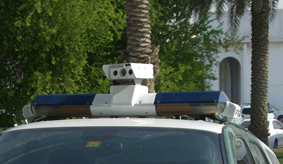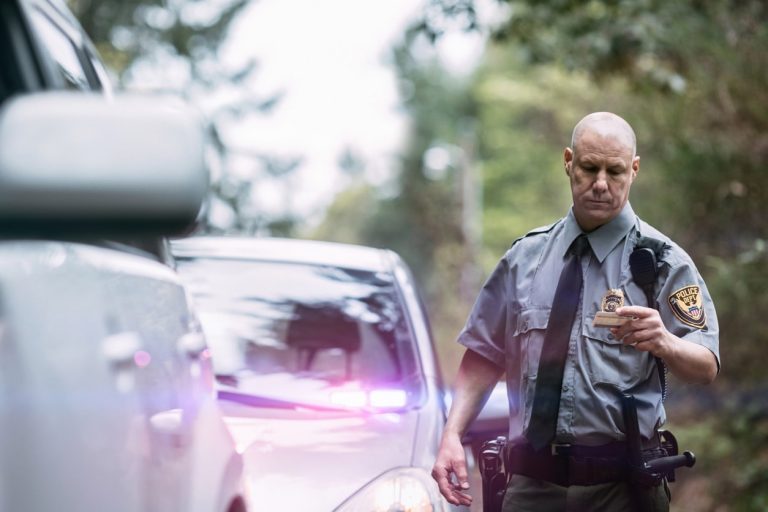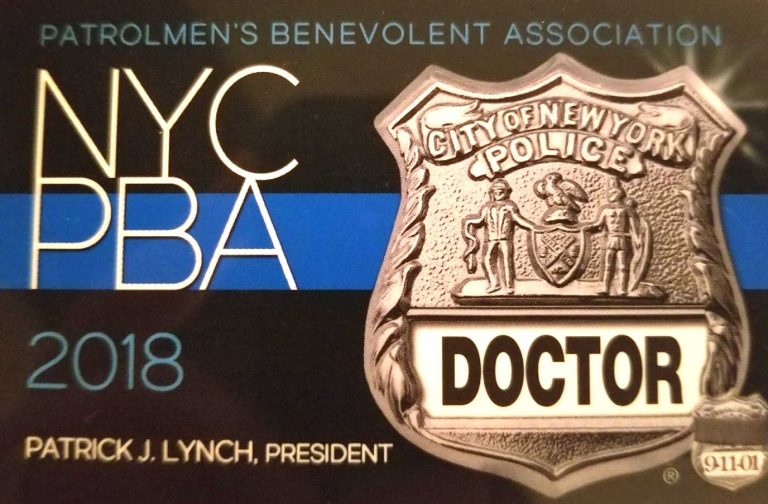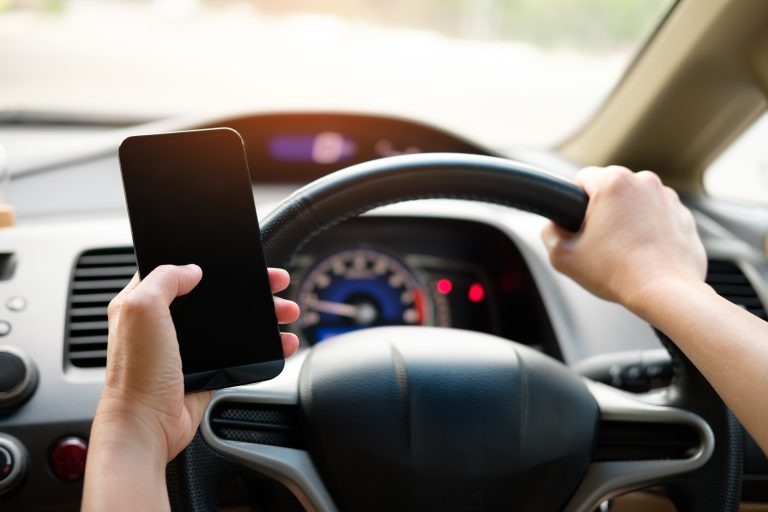When you step out of the house and into your car, you have no right to privacy when you travel in public. The places you travel with your car are open to the public and anyone can ‘tail’ you while you are driving and keep an eye out as to where you go.

Although this statement is true, most people do not feel like this is a terrible risk or problem for that matter unless they are a celebrity, are generally paranoid that someone is following them or are trying to avoid a stalker. However with new advances in technology, law enforcement agencies have started using more sophisticated cameras to capture people in the act of breaking the law.
ALPRs or “automated license plate readers” are a new technology that is used to scan and record license plate numbers of cars that are said to be violating the law. Even in cases where the law is not being broken an ALPR can scan a license plate and enter that information within a database.
These high-tech cameras are being placed in many different places such as toll booths, near red-light cameras and even mounted on police cars. The scanners are able to scan over 1000 plates in a minute. One scan means that the license plate has been captured and entered within a database.
What is at stake here is that it appears the use of these technologies can act as a real threat to privacy. Just imagine that hundreds of these cameras are placed around a city. If cameras are able to capture thousands of cars then in essence these cameras can begin communicating the exact location of a vehicle and where it has traveled through the database. If the camera can potentially register every car that passes by and enter it into a database that means several cameras across a city can compile this information and create a picture of your whereabouts during the course of a day, week, month or even a year. It’s almost as if every car that travels has a GPS tracker on it and its route can be tracked. The information that can be brought up after that can include whereabouts as to places the car has traveled, but also possible criminal and traffic violation history.
Although we do not have a right to privacy when we drive on the streets, and the information that these cameras provide can prove extremely useful for law enforcement the question becomes at what point technology is going too far with regard to our right to privacy?





